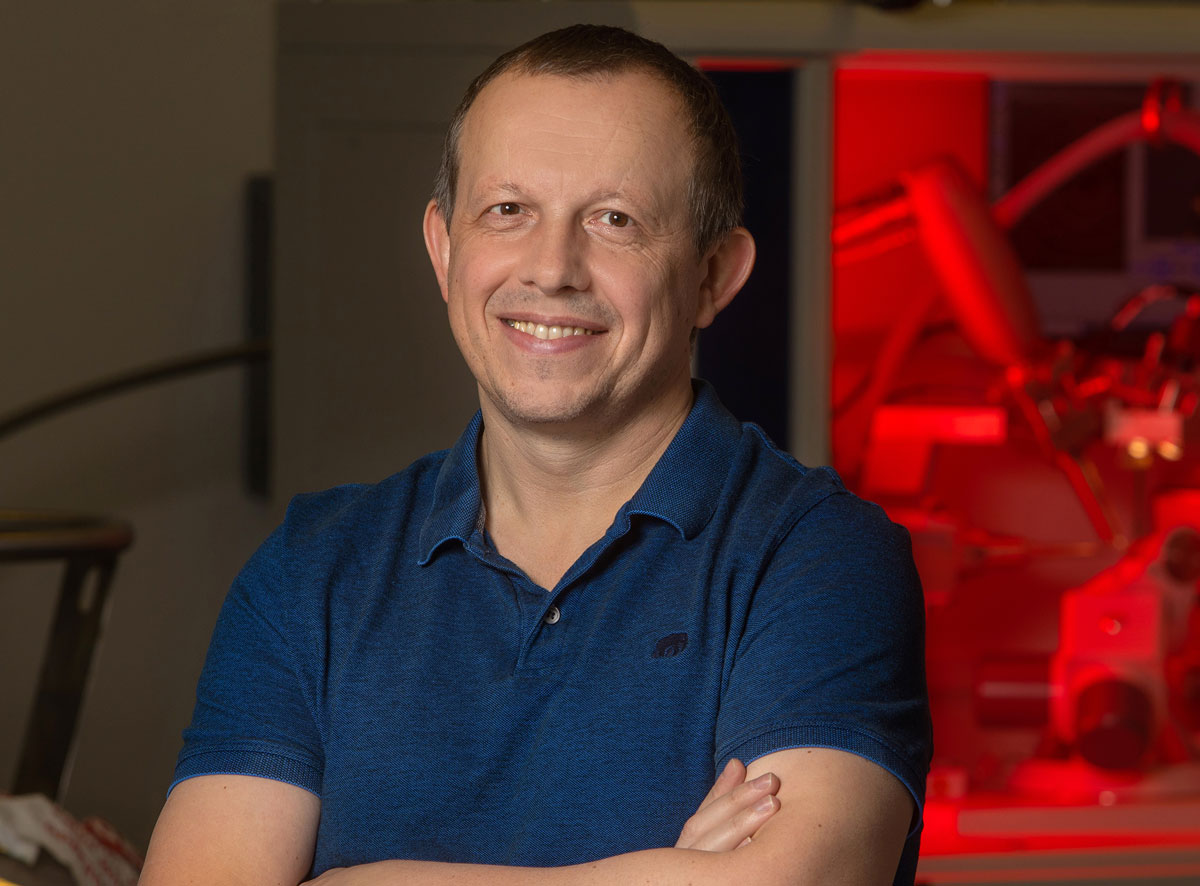RCC Spotlight: Dr. Michael Shatruk

Dr. Michael Shatruk is a professor of inorganic and materials chemistry in the Department of Chemistry and Biochemistry at Florida State University. Before joining FSU’s faculty in 2007, Dr. Shatruk received training in the areas of inorganic and solid-state chemistry and molecular magnetism at Cornell University and Texas A&M University.
The Shatruk group at FSU focuses on two distinct objectives. The first is discovering new magnetic and quantum materials, and the second is designing molecular systems for quantum information processing and light-induced switching applications. For example, his team is studying intermetallic materials, which are crystal structures formed by two or more metals. They aim to understand how the crystal and electronic structures underpin magnetic properties. By understanding these principles, Dr. Shatruk and his team can design materials with predictable magnetic structures.
Dr. Shatruk employs the Research Computing Center (RCC) and high-performance computing (HPC) to calculate the electronic structures of materials. Specifically, the HPC helps calculate and monitor how the underlying crystal structures dictate electronic properties and how this combination defines specific magnetic properties.
As part of his research, Dr. Shatruk is exploring magnetocaloric materials for magnetic refrigeration, which could lead to more efficient and environmentally friendly refrigeration technologies. Additionally, his lab is designing materials with new types of magnetic excitations, such as skyrmions, which hold promise for future technologies, potentially enabling the development of low-power electronic devices, robust information storage, and similar applications.

Furthermore, the results obtained by the Shatruk group on electronic structures of existing materials also help predict the potential existence of new materials that have never been created or designed before. This is extremely important for the future of materials discovery. The access to the HPC allows the Shatruk group to accelerate their search for the desired magnetic phases that might have important fundamental and practical impacts.
